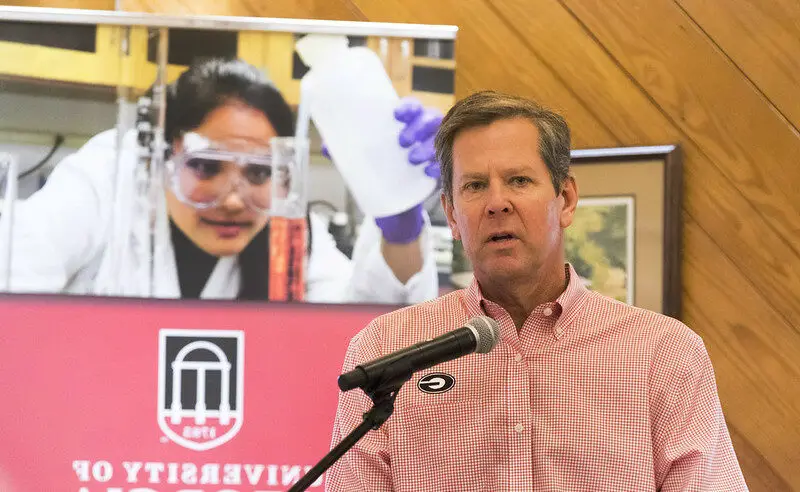Georgia Governor Brian Kemp will allocate $5 million from the federal coronavirus relief to fund grants that will help college students to finish their degrees.
In his State of the State address, Kemp explained that legislative approval is not required to have this initiative approved because it is federal money. Specific details such as who can qualify and the size of grants have not been discussed, but the new financial aid will be able to assist up to 10,000 students.
“These hardworking Georgians have nearly crossed the finish line of their higher education journey, and I believe the least we can do is ensure financial hardship at the hands of COVID-19 does not stand in the way of achieving their dreams,” the Republican governor said.
Georgia Grants
These so-called completion grants have gained momentum in recent years. Georgia State University and the University System of Georgia have actively worked to get more college students to finish their education.
Georgia State initiated Panther Retention Grants in 2011 when students were dropping out because of financial problems, despite being close to graduating. The school has continued providing this assistance, such as in 2018, when it disbursed over 2,000 grants ranging from $300 to $2000. This resulted in 86 percent of total grant recipients finishing college.
Jennifer Lee, a higher education policy analyst at the liberal-leaning Georgia Budget and Policy Institute, applauded Kemp’s plan. She expressed her hope that it would become a permanent part of the state’s agenda.
“My understanding is that this is one-time federal funds. Gov. Kemp described it as a pilot. But if implemented well, I am extremely confident this idea will be hugely successful and that lawmakers will hopefully decide to invest some sustainable state dollars to this strategy,” Lee said.
Coronavirus Relief
The US Congress previously passed a stimulus bill that reserves $23 billion in coronavirus aid specifically for colleges and universities. The bill also provides state governors with $4 billion to be spent on education and to support students facing unprecedented challenges because of the pandemic.
Provisions found in the bill increase the Pell Grant limit to $6,495, bring back Pell Grant eligibility for inmates, and remove the drug offense prohibition. Loosening the requirements for eligibility is projected to help more low-income students access postsecondary education.



